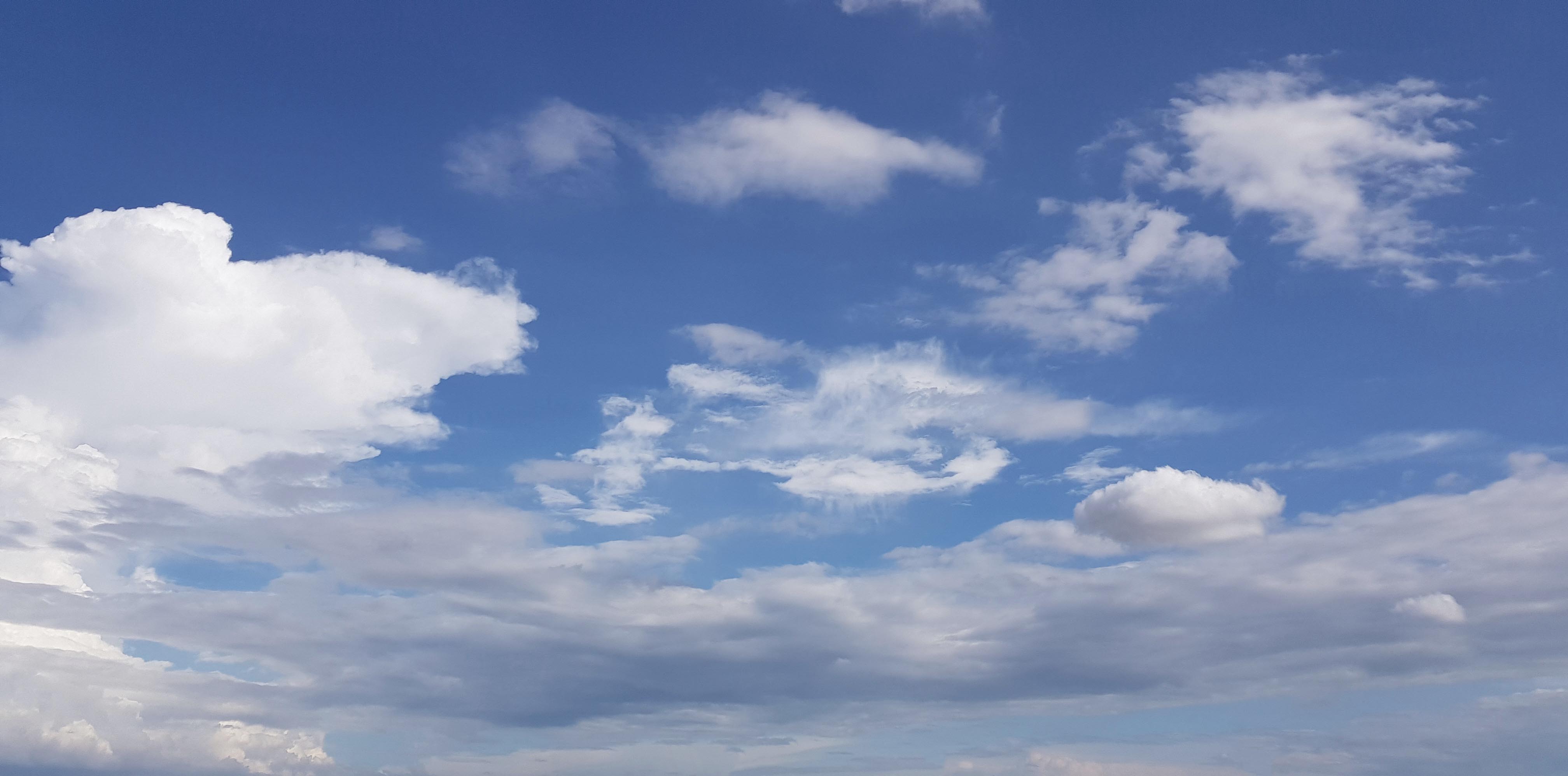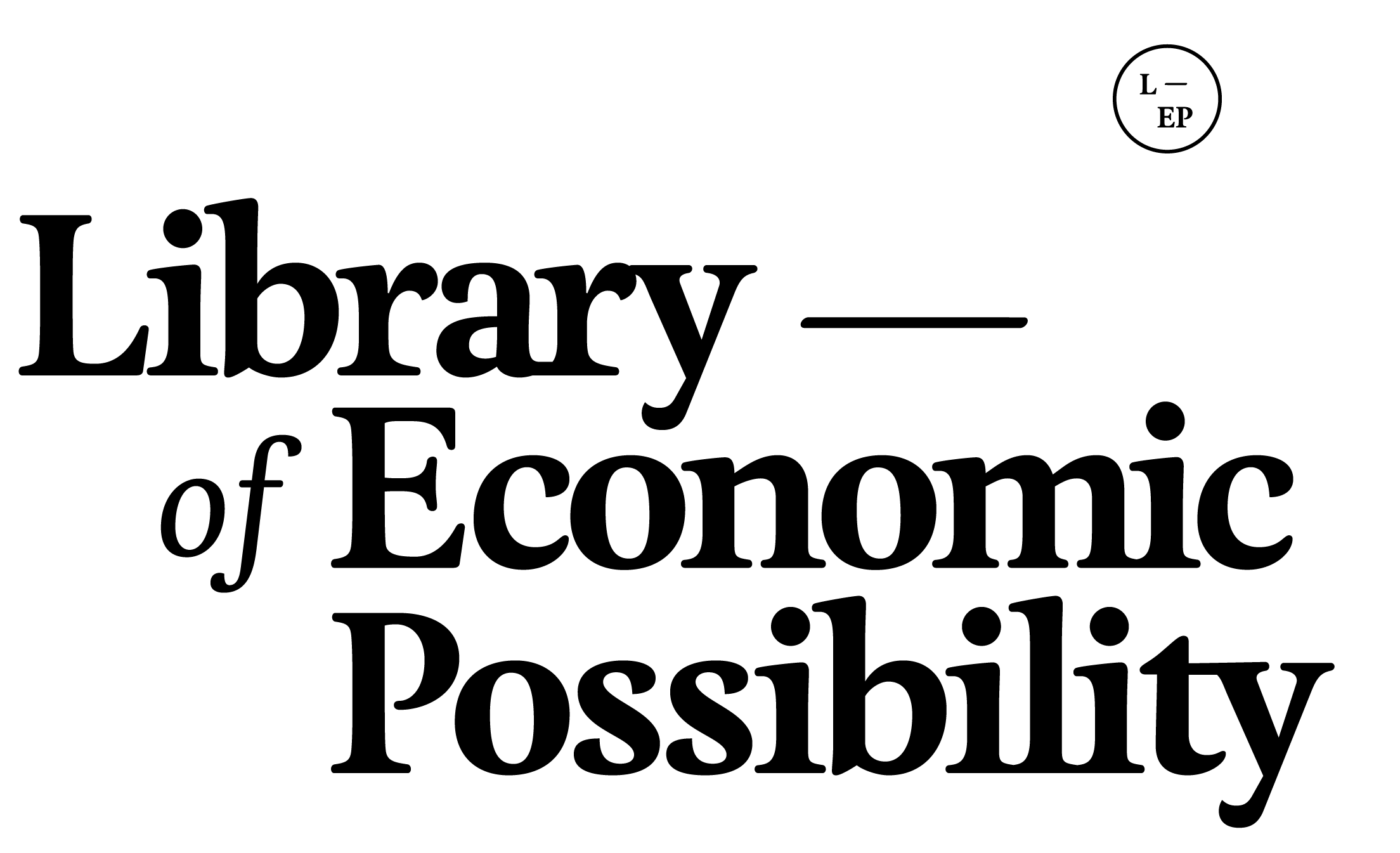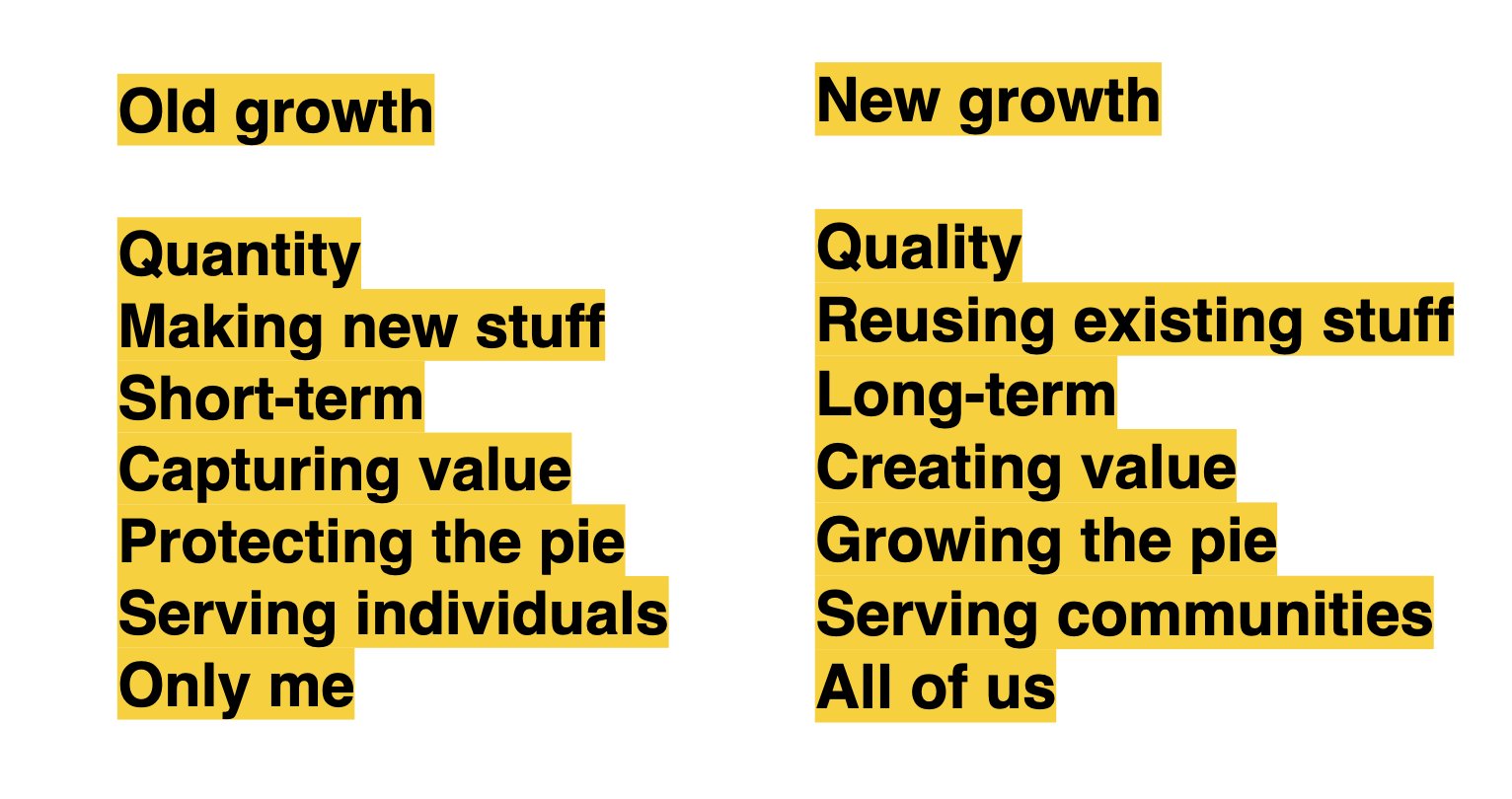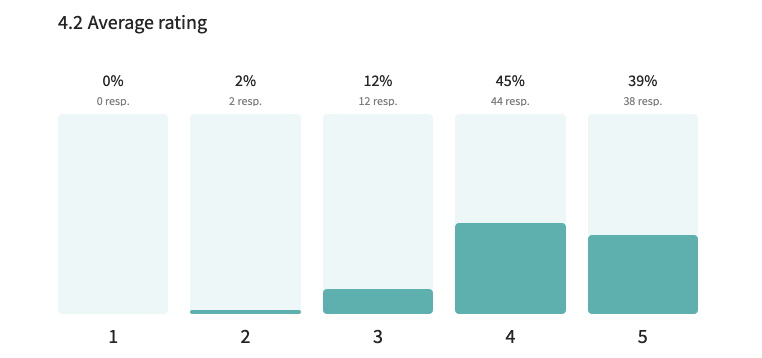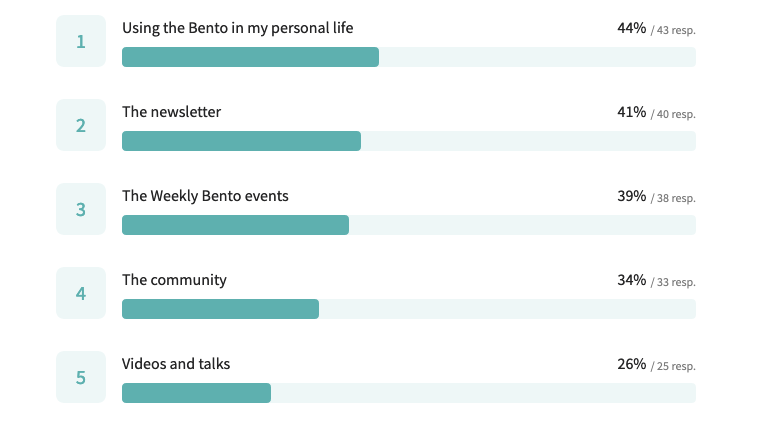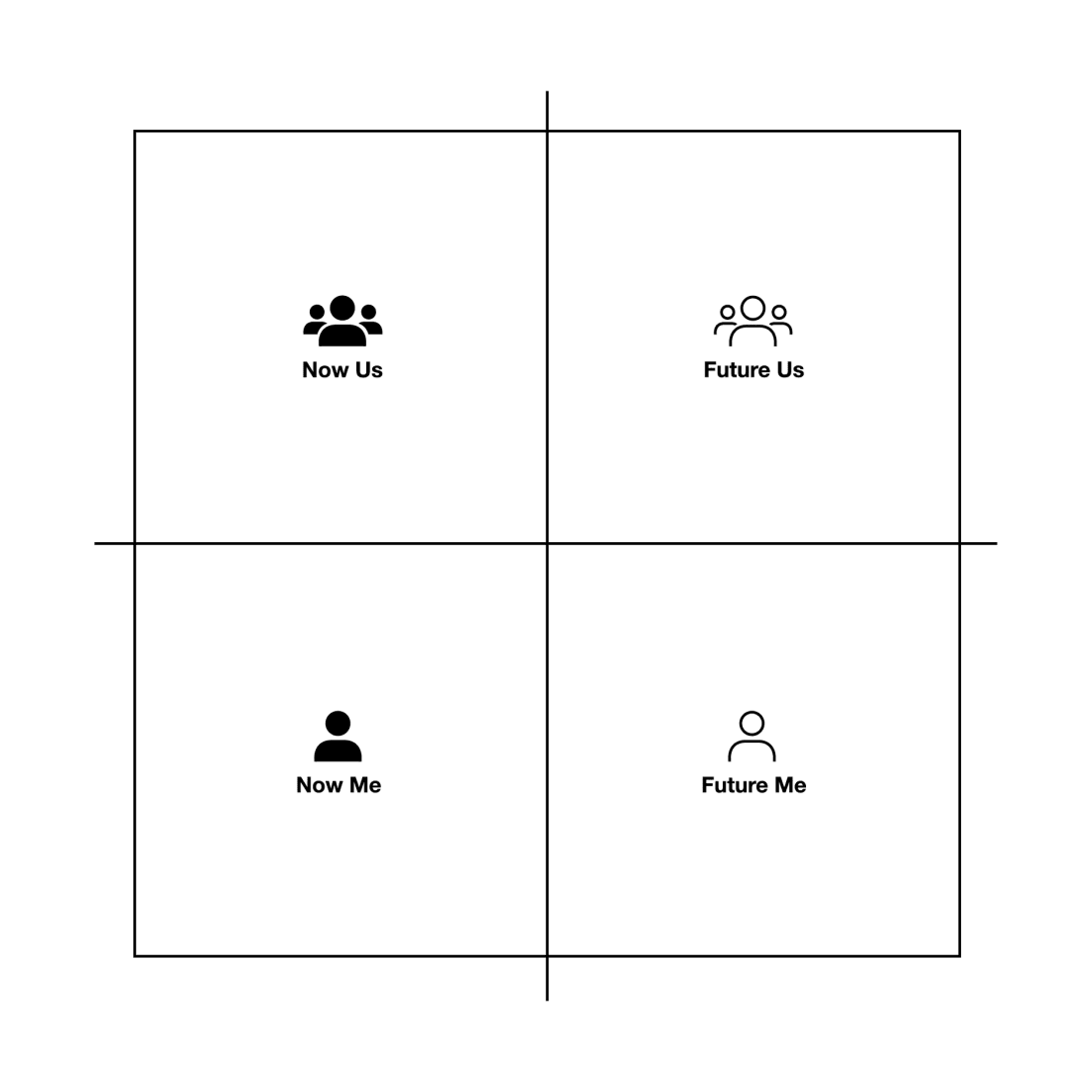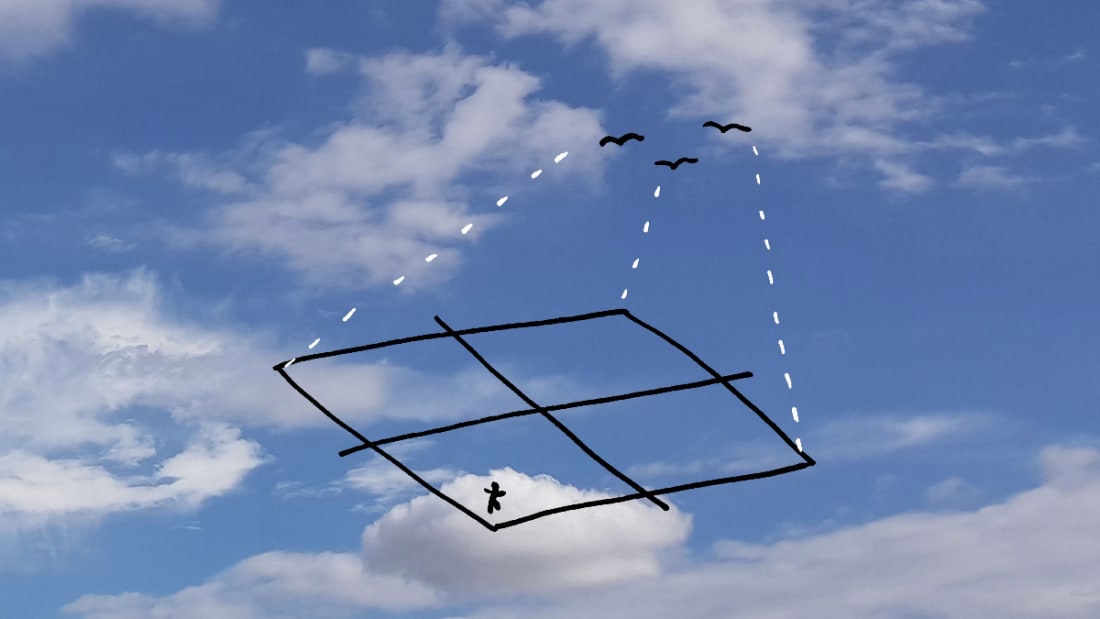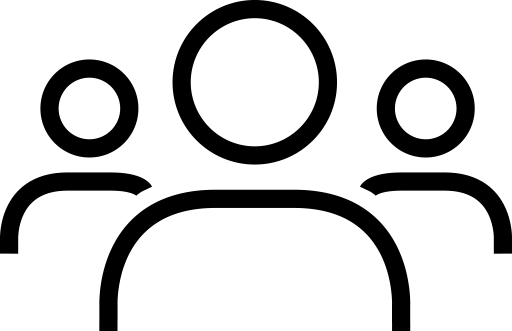TOPIC: What gets measured and what doesn’t get measured
BACKGROUND: An expert roundtable explores measurement
LISTEN: On the web, Apple, Spotify
WATCH: YouTube
Last month, a Pew Research survey methodologist, a rabbi, a Tlingit tribal leader, an Islamic scholar, an entrepreneur, a sociologist, a law professor, a journalist, an investor, and a BBC researcher walked into a virtual room for a profound conversation about how our lives are measured.
